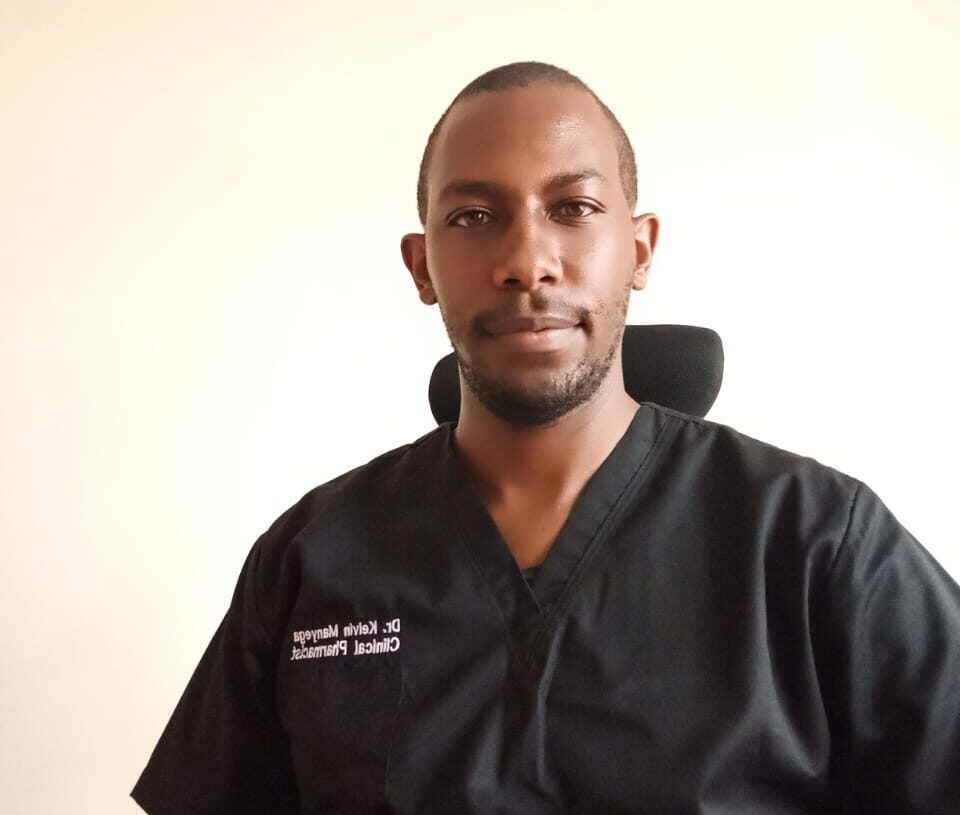1. Be patient
Long gone are the days when pharmacy graduates would receive a government job immediately after their internship. On the contrary, Graduate Pharmacists have to search for jobs which have increasingly become scarce. With the advent of health devolution, County Governments have become intent on reducing their wage bills, which in some cases has meant replacing Pharmacists with Pharmacy Technologists or not hiring any qualified pharmacy personnel altogether. Doctors and nurses, too, have not been spared from the chopping board either. This is despite the glaring shortage of healthcare personnel in the public healthcare system.
While there is much advocacy to be done by professional associations like the Pharmaceutical Society of Kenya (PSK) and unions – Kenya Medical Practitioners Pharmacists and Dentists Union (KMPDU) on behalf of young unemployed Pharmacists, it bears heavily on each individual to improve their own employability.
Currently, the number of well-paying Pharmacist positions for entry-level (graduates) is scarce. On the other hand, informal positions commonly referred to as locums remain available. The terms of compensation for the latter are, however, dispiriting and have rendered many young pharmacists overworked and frustrated. For purposes of earning an income, however, locuming cannot be entirely written off. After all, many graduates have been able to meet their living costs and acquire assets by sweating through hours of locums in a week. Nonetheless, in the long term, most young Pharmacists wish to hold more stable positions or own businesses that would enable them to enjoy greater dignity in the work they do and afford a more comfortable lifestyle.
So the question arises: how long should I wait before I can acquire a stable position? Better still, how long will I locum before a good opportunity is available for me?
Well, many employers value experience or the so-called proven ability to deliver. For this requirement, graduate pharmacists at entry-level often feel helpless, having not worked before the job search. A locum then becomes a perfect option for gaining real work experience and, therefore, boosts your attractiveness to employers. The length of experience required varies in different fields, but at the minimum, 6 months to 2 years of experience should make you a ripe target for hiring. This applies to any position that one may pick temporarily with the hope of making a switch for better prospects. This brings us to discussing an interesting yet unpopular career option – volunteering.
Also related: The Struggles of a Post-Internship Pharmacist.
It is rather obvious that volunteering is not popular because one receives little to no income while offering services. For Graduate Pharmacists who already have dependants, this may not be practical. Although the lack of income is a practical barrier, volunteering may enable you to grow your skills and improve your confidence. It is essential that one carefully chooses a setting for volunteering.
2. Decision on which field to locum or volunteer
I would advise young pharmacists to take up locums or volunteer in settings in which their long-term interests lie. That way, the experience they are accumulating remains relevant. For example, interviewing for a Hospital Pharmacy position with several years of manufacturing experience may make a candidate less competitive. Identifying your interests and pursuing them with determination can never be overstated.
3. Going back to school for post-graduate studies
Pursuing advanced training is a path that can be taken immediately after registration as a Pharmacist. Availability of tuition finance is a major but not the only consideration here. One also has to choose which discipline they will study. Choose a field of study that you are most interested in because post-graduate studies can be very challenging. In fact, many post-graduate students fail to graduate because they quickly lose interest in the subject they chose. Some mentors advise that you should take a core pharmacy discipline for a master’s because it makes you eligible for recognition as a specialist pharmacist. I would add that should you choose to pursue your master’s, it is important to gain both discipline-specific competencies (e.g. clinical skills for clinical pharmacists) and research competencies. The latter is often ignored. This is despite the numerous opportunities for employment and further study within and outside Kenya for early career researchers.
Further read: Dear Young Pharmacist: Hindsight is always 20/20
In summary, young pharmacists should not be scared of the current employment situation. Instead, they ought to identify their long-term career interests and seek experience in that area. This may be through locuming or volunteering before a stable opening becomes available. Taking up master’s studies is also a good option if the pharmacist is focused on acquiring specialised skills.
Written By:
Dr. Kelvin Manyega
Lecturer in Clinical Pharmacy, Kabarak University
